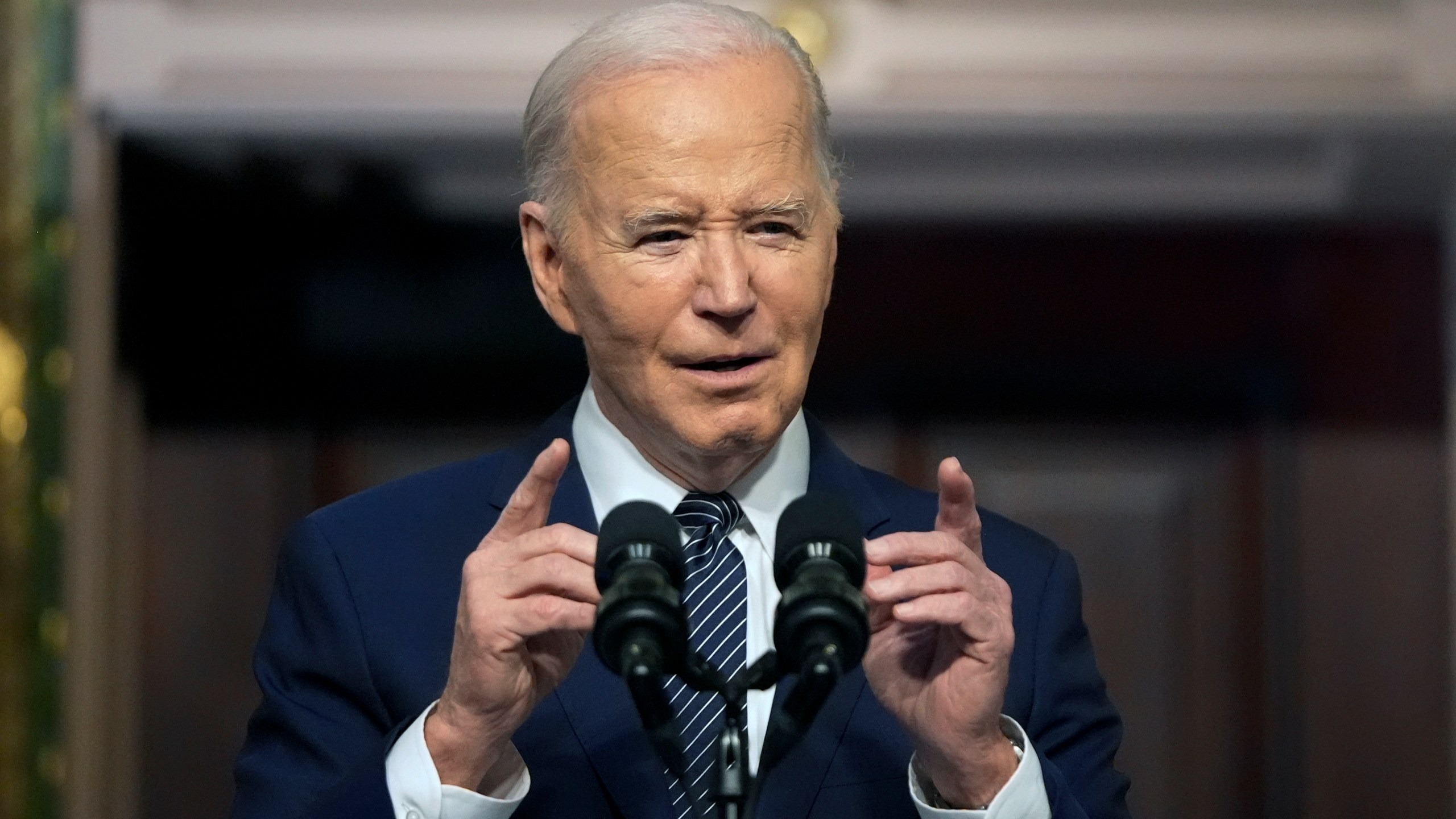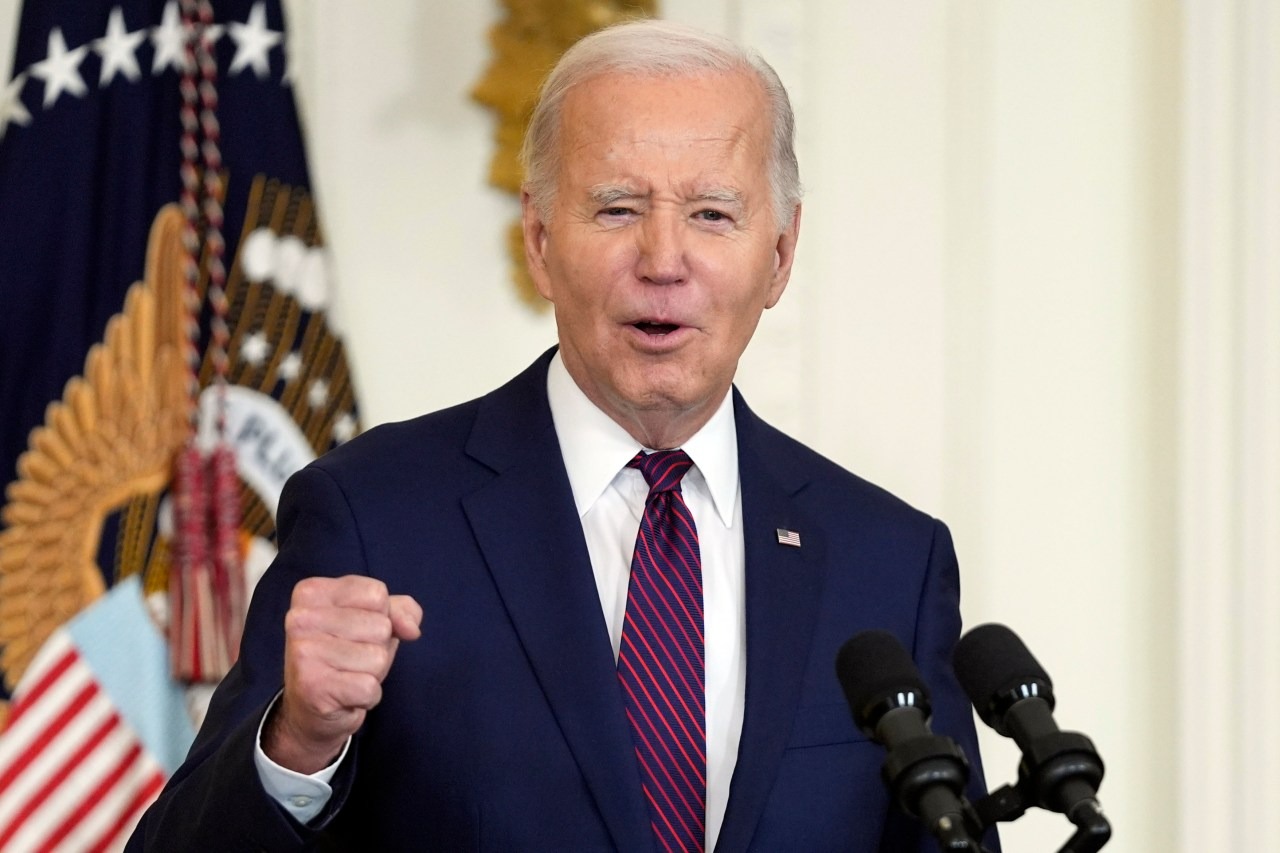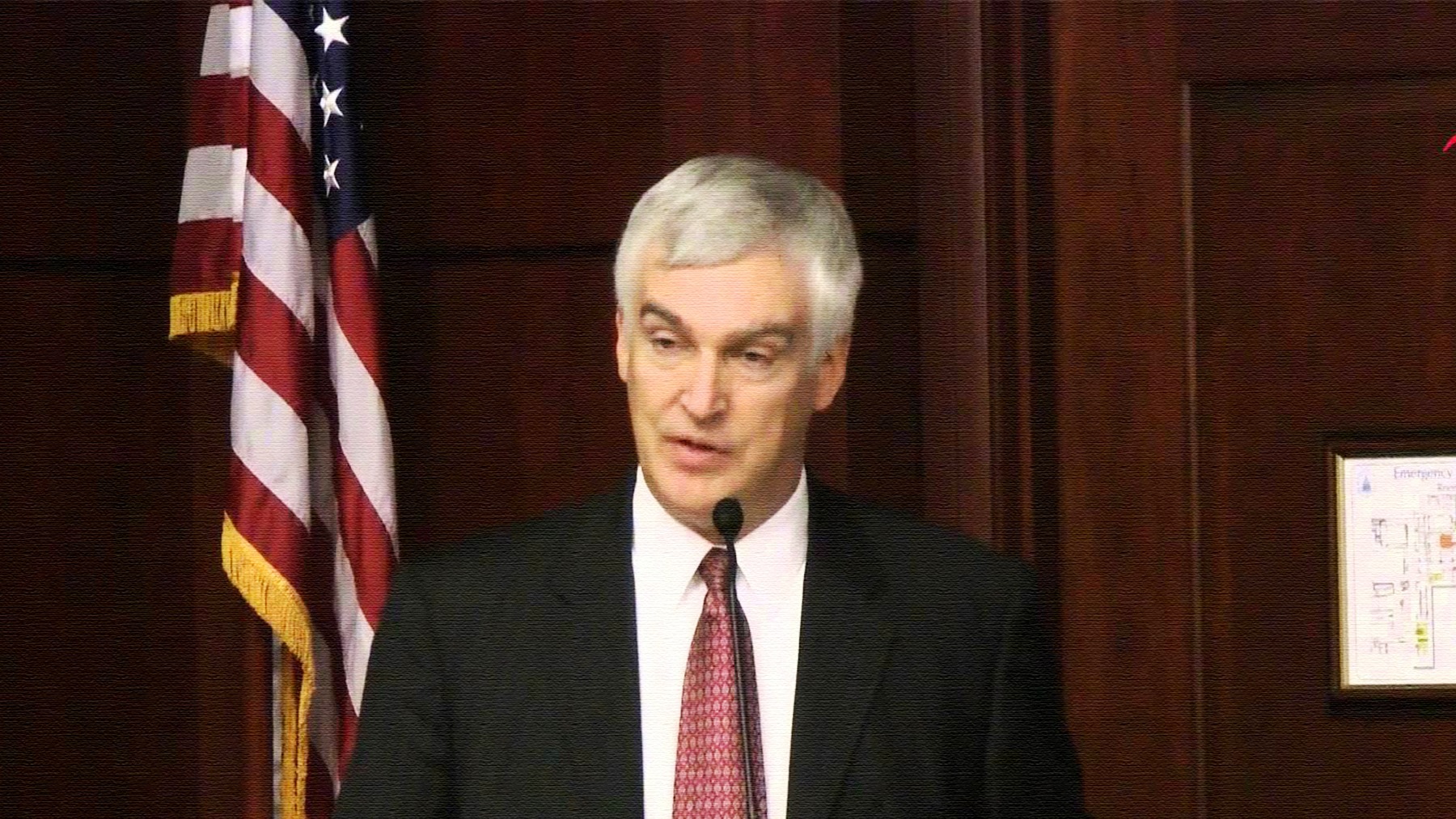Fred Fleitz, during a Newsmax interview, expressed concerns about President Joe Biden’s foreign policy approach towards Israel, especially in light of recent tensions and the ongoing hostage situation with Hamas.
Fleitz believes Biden’s criticism and distancing from Israel could embolden Hamas, making them less inclined to negotiate the release of hostages. This stance, according to Fleitz, is partly due to Biden’s need to appease progressive elements and Muslim voters in certain U.S. states, which he perceives as influencing a softer stance on Israel.

President Joe Biden (Credits: ABC News)
Fleitz argued that Israel is prepared to cease hostilities if hostages are released, but Hamas’s demands remain high, encouraged by the perception of Israel’s isolation. This isolation is exacerbated, in his view, by what he sees as Biden’s lack of solid support for Israel, one of its traditionally closest allies.
Harley Lippman, another foreign policy expert, added to the conversation by highlighting Israel’s mixed feelings regarding Biden’s intentions. Some hope Biden’s actions are strategically aimed at political balancing within the U.S., while others feel these actions prevent Israel from achieving a decisive victory.

President Joe Biden (Credits: Fox 59)
Fleitz also touched upon the recent incident where Israel targeted a site in Damascus, Syria, which resulted in the death of several Iranian Revolutionary Guard officials. He criticized the Biden administration’s attempt to distance the U.S. from the attack, viewing it as a weak stance that could put American soldiers at risk.
Regarding the broader Arab world’s reaction to the Israel-Hamas conflict, Fleitz noted that while there is a desire for the conflict to end, there is no huge shift in diplomatic relations with Israel nor a willingness to support Hamas by taking in refugees.
This, he suggests, indicates a recognition of Hamas as a terrorist organization and a reluctance to associate with it despite criticisms of Israel’s actions in Gaza. Fleitz’s comments reflect the complexity of international relations and the delicate balance of domestic and foreign policy interests in addressing such conflicts.























